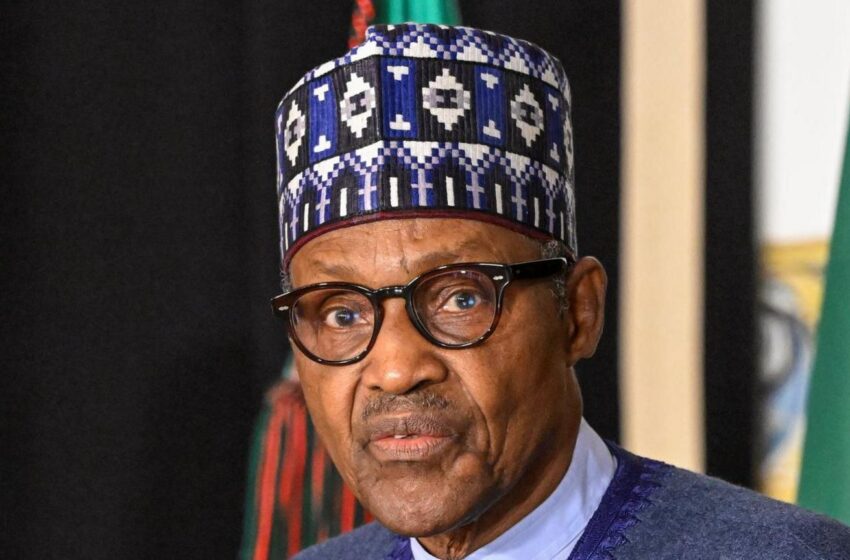Buhari, other Nigerian leaders who died abroad — and what it says about the nation

From Buhari to Ekwueme: Why so many Nigerian leaders spend their final days abroad.
The death of former Nigerian President Muhammadu Buhari in London has once again reignited public scrutiny over the country’s political elite and their dependence on foreign healthcare systems. Buhari now joins a list of prominent Nigerian leaders who spent their final moments outside the country — many in London, which has become an informal medical corridor for Nigeria’s ruling class.
Here’s a look at some of the most notable Nigerian public figures who died abroad, and what this trend reveals about leadership and public services in Nigeria.
1. Muhammadu Buhari (2025) – London, United Kingdom
The former president passed away at age 82 in London, where he had routinely gone for medical treatment throughout his presidency. His death abroad is symbolic: despite promising to revamp Nigeria’s healthcare system, Buhari continued to rely on foreign hospitals — a decision widely criticized by citizens during his time in office.
2. Alex Ekwueme (2017) – London, United Kingdom
Nigeria’s first civilian Vice President (1979–1983), Ekwueme died in a London hospital after collapsing at his home in Enugu. The Federal Government had approved his emergency medical evacuation. His passing triggered widespread tributes and highlighted the deep admiration Nigerians had for his statesmanship — and the ongoing reliance on UK medical care.
3. Beko Ransome-Kuti (2006) – London, United Kingdom
The renowned physician and human rights activist, known for challenging military rule, died of lung cancer in London. Despite being a trained doctor himself, Ransome-Kuti sought treatment abroad due to the unavailability of specialized care in Nigeria.
4. Dora Akunyili (2014) – India
The former NAFDAC DG and Minister of Information, famed for her fearless drug regulation reforms, died of cancer in India, where she was undergoing treatment. Her death was mourned across Nigeria, and her case again underscored how even reform-minded leaders had to look beyond Nigeria for critical healthcare.
5. Aliyu Akwe Doma (2018) – Israel
The former Governor of Nasarawa State died in Israel while receiving medical attention. His death added to the growing list of public officials whose final days were spent in foreign hospitals.
6. Stella Obasanjo (2005) – Spain
Nigeria’s First Lady during President Olusegun Obasanjo’s tenure, Stella Obasanjo, died in a private hospital in Spain after a cosmetic surgery went wrong. Her death was both tragic and controversial, prompting discussions about medical standards and the lack of transparency in elite medical travel.
7. Ibrahim Tahir (2009) – Egypt
A founding member of the People’s Democratic Party (PDP), Tahir died in Cairo, Egypt. He was regarded as an intellectual heavyweight and a traditionalist voice in Nigeria’s early Fourth Republic politics.
Why Do Nigerian Leaders Die Abroad?
The deaths of these high-profile Nigerians on foreign soil raise urgent questions. Many citizens see it as a damning indictment of the nation’s healthcare infrastructure — a system so underfunded and broken that even its custodians won’t trust it with their lives.
While medical tourism isn’t uncommon among global elites, the frequency with which Nigerian public officials die abroad—often after long, expensive treatments—is reflective of a system where public healthcare is neglected and foreign options are seen as elite lifelines.
READ ALSO
Buhari dies in London… here’s all you need to know
The biggest projects under President Buhari that failed
The Disconnect Between Power and Public Service
From Buhari to Ekwueme, Ransome-Kuti to Akunyili, these were individuals with the power and influence to shape Nigeria’s institutions. Yet, their final journeys took them beyond the country’s borders, a pattern that continues to stir debate on leadership, equity, and the quality of life for ordinary Nigerians.
Their deaths abroad are not just personal losses — they are political statements, etched in the reality of a nation still struggling to provide essential services to its people, including those who once led it.

